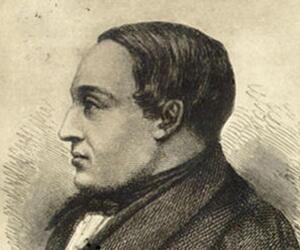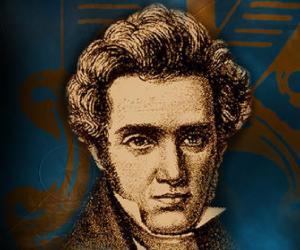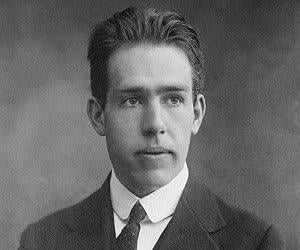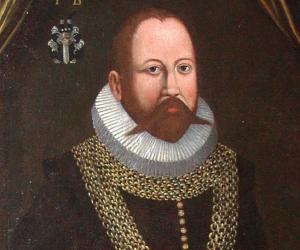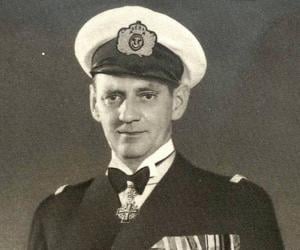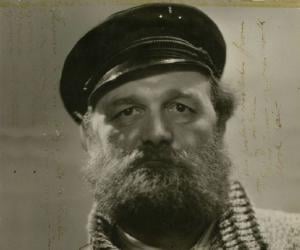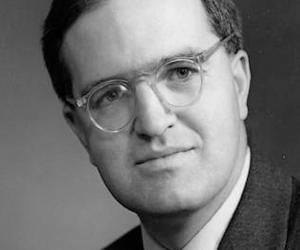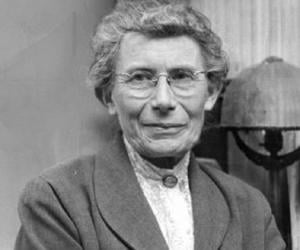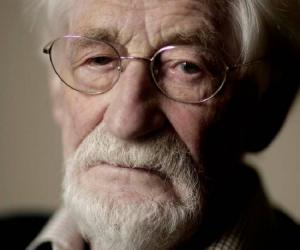Soren Kierkegaard was a Danish philosopher, theologian, social critic, poet, and religious author. Widely regarded as the first existentialist philosopher, Soren Kierkegaard is sometimes referred to as the Father of Existentialism. He is also credited with influencing many theologians, philosophers, and writers like Paul Feyerabend, Ludwig Wittgenstein, and Jorge Luis Borges.
Danish film director and screenwriter Lars von Trier has been active in the entertainment industry for almost four decades. He is known for exploring topics like existential issues, politics, mental health, etc. He is the recipient of numerous awards, including the Palme d'Or, the Grand Prix, and the Prix du Jury. He has seven Academy Award nominations as well.
Frederick IX of Denmark reigned as the king of Denmark from 1947 until his death in 1972. Under his reign, the Danish society experienced a rapid change; the economy received a massive boost in the 1960s which allowed women to enter the labor market. In 1982, Frederick's statue was unveiled in Copenhagen, ten years after his death.
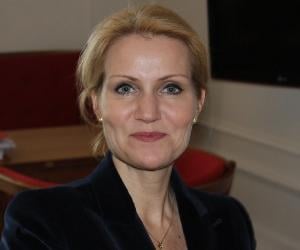
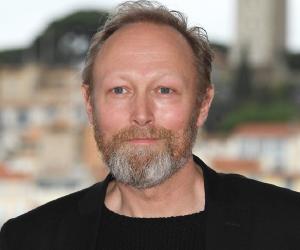
Lars Mikkelsen is a Danish actor best known for playing the Russian president Viktor Petrov in the American series House of Cards on Netflix. As a young man, he began to study biology at the University of Copenhagen but quit midway to pursue a career in entertainment. He is the recipient of many awards, including an International Emmy Award.
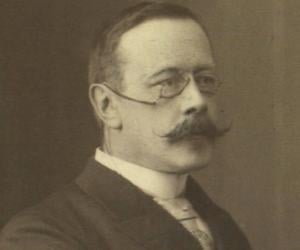
Hans Christian Gram was a Danish bacteriologist best remembered for developing a technique called Gram stain, which is still used today to classify bacteria. He achieved international recognition after developing the Gram stain technique. Hans Christian Gram also served as a professor at the University of Copenhagen.

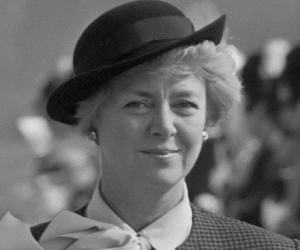
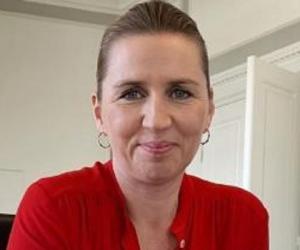
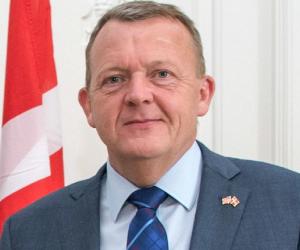
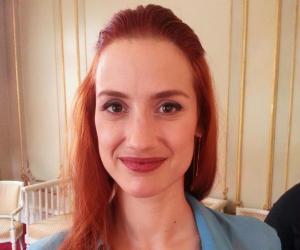
Danica Curcic is a Serbian-Danish actress best known for her portrayal of Sanne in the 2014 Danish drama film Silent Heart, for which she received the Bodil Award under the Best Actress in a Leading Role category. In 2014, Danica Curcic was also honored at the Berlin International Film Festival with the prestigious Shooting Star Award.

Nobel Prize-winning Danish nuclear physicist Aage Bohr is best remembered for his work related to the geometry of atomic nuclei. Son of Nobel laureate physicist Niels Bohr, Aage had started his career as an assistant to his father and working on the development of the atomic bomb.
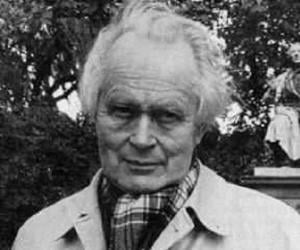
Piet Hein was a Danish polymath. He was an expert in mathematics and was also an inventor, designer, and writer. He studied at the University of Copenhagen and Technical University of Denmark. He joined the Danish resistance movement when the Germans invaded Denmark. In his later years, he invented the Soma cube and devised the games of Hex and Tower.
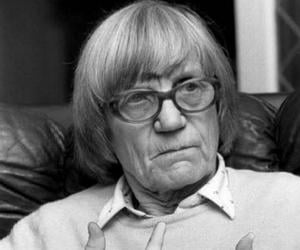
Ester Boserup was a Danish economist best remembered for her work at the United Nations and other international organizations. She worked towards establishing equal rights for women in all spheres of life. In 1989, Ester Boserup was inducted into the US National Academy of Sciences.

Danish seismologist Inge Lehmann is remembered for her groundbreaking discovery of the Earth’s solid inner core and molten outer core, using seismic waves. While she initially studied math, she later deviated to seismology, with a focus on ascertaining earthquake epicenters. The William Bowie Medal-winning scientist died at age 104.


Sucharit Bhakdi is a Thai-German retired microbiologist. Although a reputed scientist with a number of prestigious awards under his belt, Bhakdi achieved infamy during the COVID-19 pandemic when he claimed that the pandemic was fake and that the vaccines were being administered to decimate the world's population. Sucharit Bhakdi is the recipient of the Gay-Lussac Humboldt Prize among other awards.

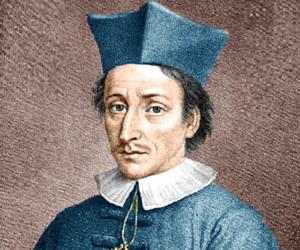
Nicolas Steno was a 17th-century Danish scientist considered a pioneer in both anatomy and geology. He received training in the classical texts on science and went on to become an expert on fossils and rock formation. Today, he is considered one of the founders of modern stratigraphy and modern geology. He became a Catholic bishop in his later years.
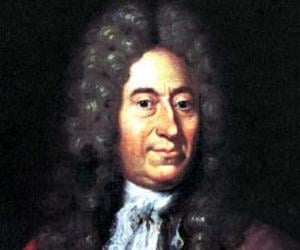
Ole Rømer was a Danish astronomer known for making the first quantitative measurements of the speed of light in 1676. Born into a wealthy family where his interest in mathematics and astronomy were encouraged, he went on to study at the University of Copenhagen. He had a high-profile career and was employed by the French government under King Louis XIV.
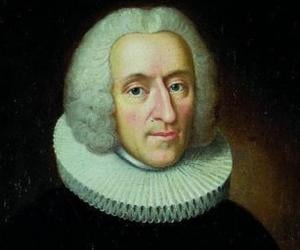
Danish-Norwegian missionary Hans Egede served the Lutheran Church. Known for his missionary campaigns in Greenland, he earned the nickname the Apostle of Greenland. He established Greenland’s capital, Nuuk, and lived among the Inuit community. He also translated books into Inuit and is revered as the National Saint of Greenland.
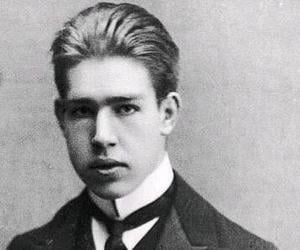
Not only was Harald Bohr the younger brother of Nobel Prize-winning physicist Niels Bohr, but he was also a renowned mathematician in his own right. He is remembered for his research on periodic functions. Interestingly, he was also part of the silver-winning Danish football team at the 1908 London Olympics.
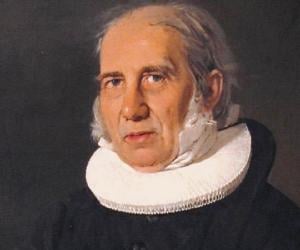
N. F. S. Grundtvig was a Danish author, pastor, poet, historian, teacher, philosopher, and politician. By the end of the 19th century, Grundtvig's philosophy had given rise to a new sense of nationalism, for which he is often counted among the most influential Danish people of all time. He is also remembered for promoting values like compassion, wisdom, and equality.
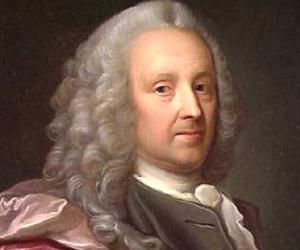
One of the forefathers of Norwegian and Danish literature, Ludvig Holberg was a legendary literary figure of the Dano-Norwegian dual monarchy era. Initially a French tutor, he later studied music, before devoting himself to writing. His comedies earned him the nickname of The Molière of the North.
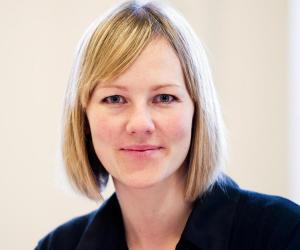
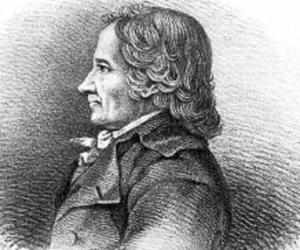
Johan Christian Fabricius was a Danish zoologist. He specialized in "Insecta", which at that time included all insects, arachnids, crustaceans, and other anthropoids. He studied under the renowned Swedish zoologist Carl Linnaeus and went on to become one of the most important entomologists of the 18th century. He is credited to have named nearly 10,000 species of animals.
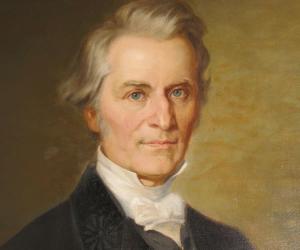
Swedish professor of anatomy Anders Retzius is best remembered for his ground-breaking research on craniometry, or the human skull. He was associated with the Karolinska Medic-Kirurgiska Institutet in Stockholm. A Royal Swedish Academy of Sciences member, he was also the father of renowned Swedish physican Gustaf Retzius.
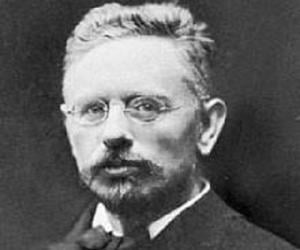
Otto Jespersen was a Danish linguist best remembered for his expertise in the English language and its grammar. Counted among the greatest language scholars of his generation, Otto Jespersen played a prominent role in the international language movement. He also served as a professor at the University of Copenhagen between 1893 and 1925.
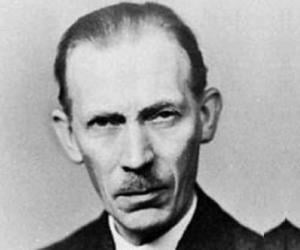
Danish physical chemist Johannes Nicolaus Brønsted is best known for his discovery of an acid-base concept that was similar to but independent of Thomas Martin Lowry’s research. He also taught at Yale and was later elected to the Danish Parliament. He was also nominated for the Nobel Prize 4 times.
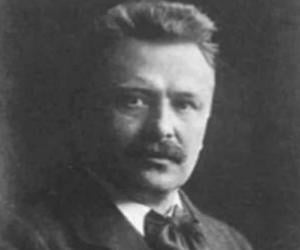
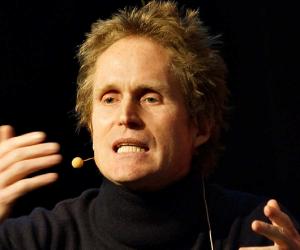
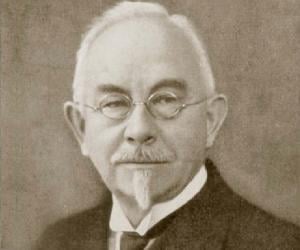
Danish geneticist and botanist Wilhelm Ludvig Johannsen is remembered for his research on plant heredity. Initially a professor, who had also taught plant physiology at the University of Copenhagen, he later focused on research. He is also credited with coining the terms phenotype, genotype, and genes.
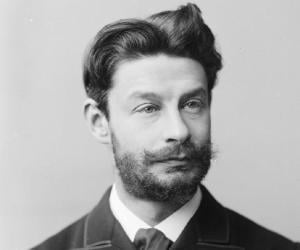
Jens C. Skou was a Danish biochemist best known for his work in the field of animal cells. Along with Paul D. Boyer and John E. Walker, he was jointly awarded the Nobel Prize in Chemistry in 1997. He had a brilliant academic career and remained active well into his 90s. He died at the age of 99.
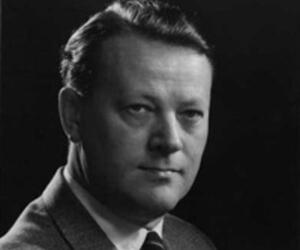
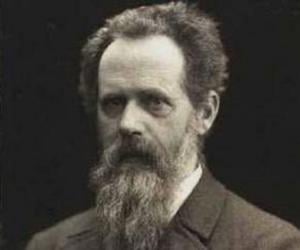
Johan Ludvig Heiberg was a Danish historian and philologist. Heiberg is best remembered for discovering previously unknown texts in the famous Archimedes Palimpsest. In 1912, Johan Ludvig Heiberg was honored with the Prix Binoux by the French Academy of Sciences.
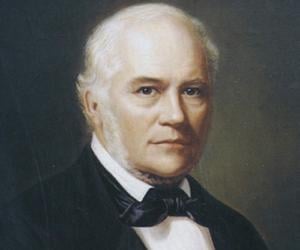

Thomas Bartholin was a Danish physician, theologian, and mathematician. He is best remembered for discovering the lymphatic system in human beings. Thomas Bartholin is also known as the first person to scientifically describe refrigeration anesthesia, which is widely used today, especially while performing major amputations of the limbs.
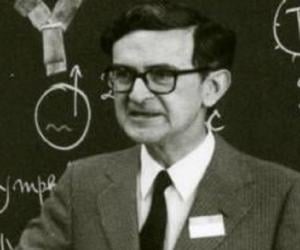
Niels Kaj Jerne was a Danish immunologist best remembered for winning the 1984 Nobel Prize in Physiology or Medicine alongside César Milstein and Georges J. F. Köhler. Jerne, who made important contributions to the fields of Immunology and Microbiology, was also honored with the Marcel Benoist Prize and Paul Ehrlich and Ludwig Darmstaedter Prize in 1978 and 1982 respectively.

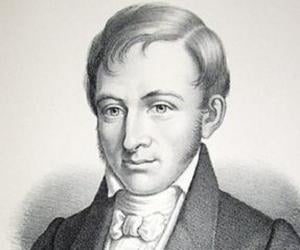
Danish philologist and linguist Rasmus Rask is known for pioneering Icelandic grammar. He also taught at the University of Copenhagen. His research later led to the basic law of comparative linguistics, also known as Grimm’s law. He traveled extensively, to places such as Persia, Ceylon, and India, and learned 25 languages and dialects.
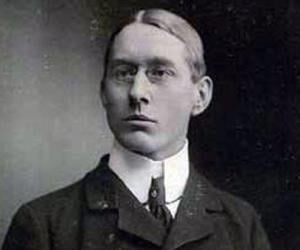

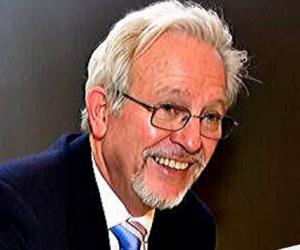
Apart from being a professor, a psychologist, and an author, Helmuth Nyborg is also a bronze medal-winning Olympic canoeist. His research covered areas such as racial and sexual factors in the determination of intelligence and personality. He was once accused of misusing someone else’s work without giving credit.
